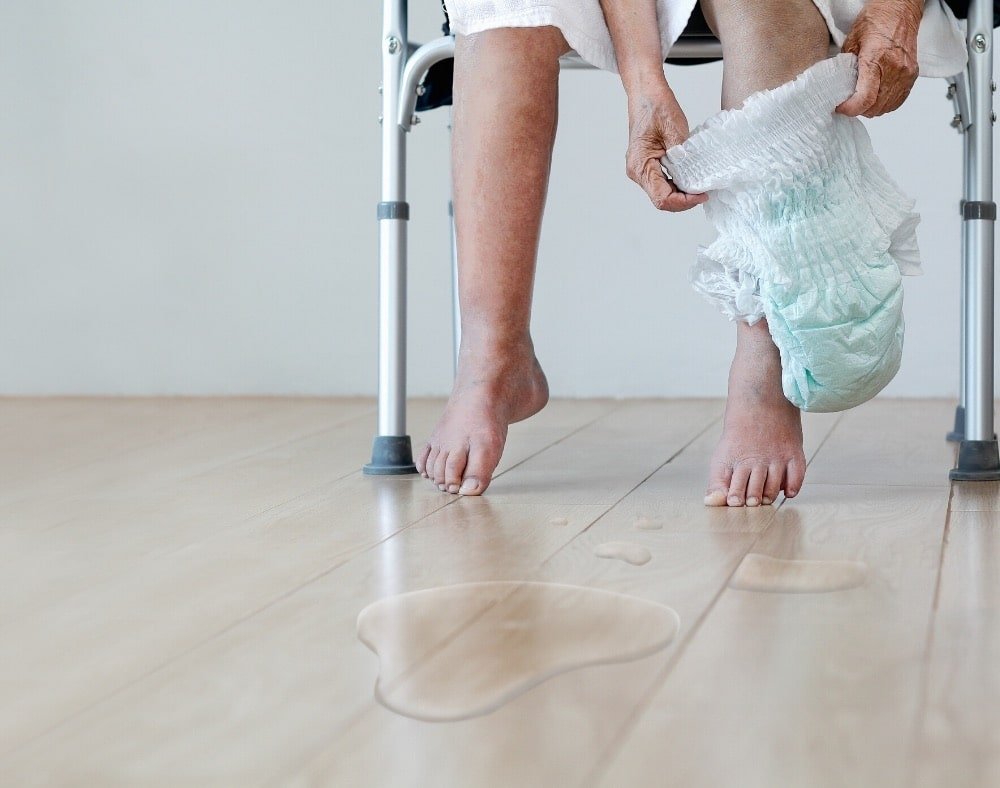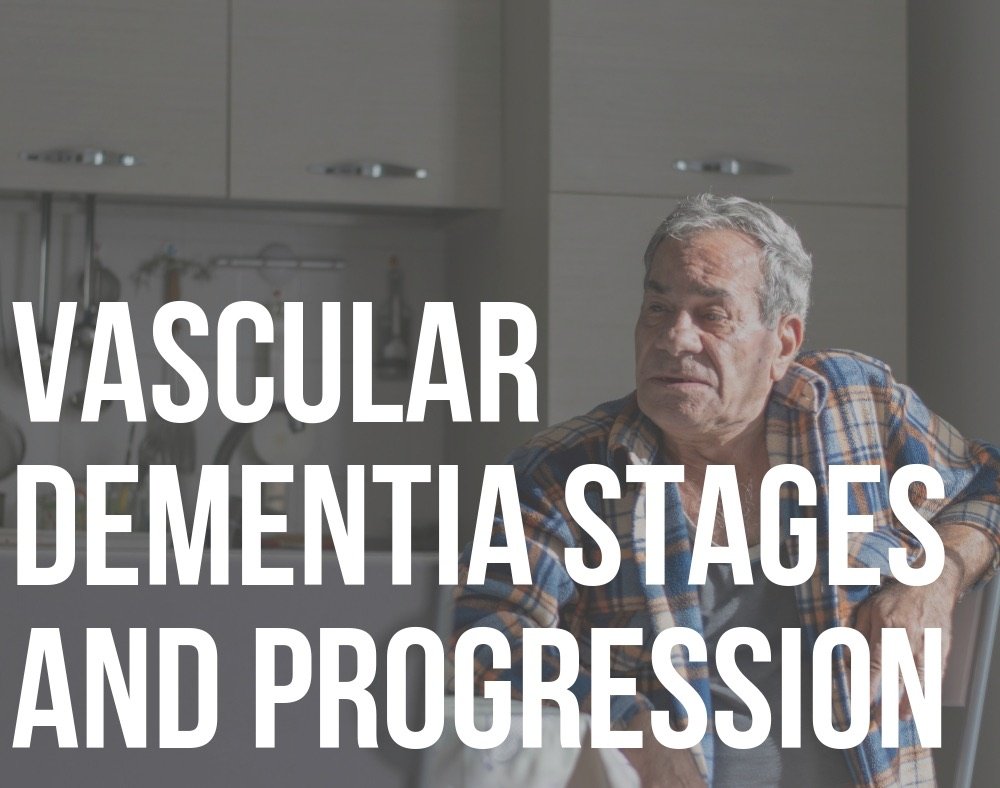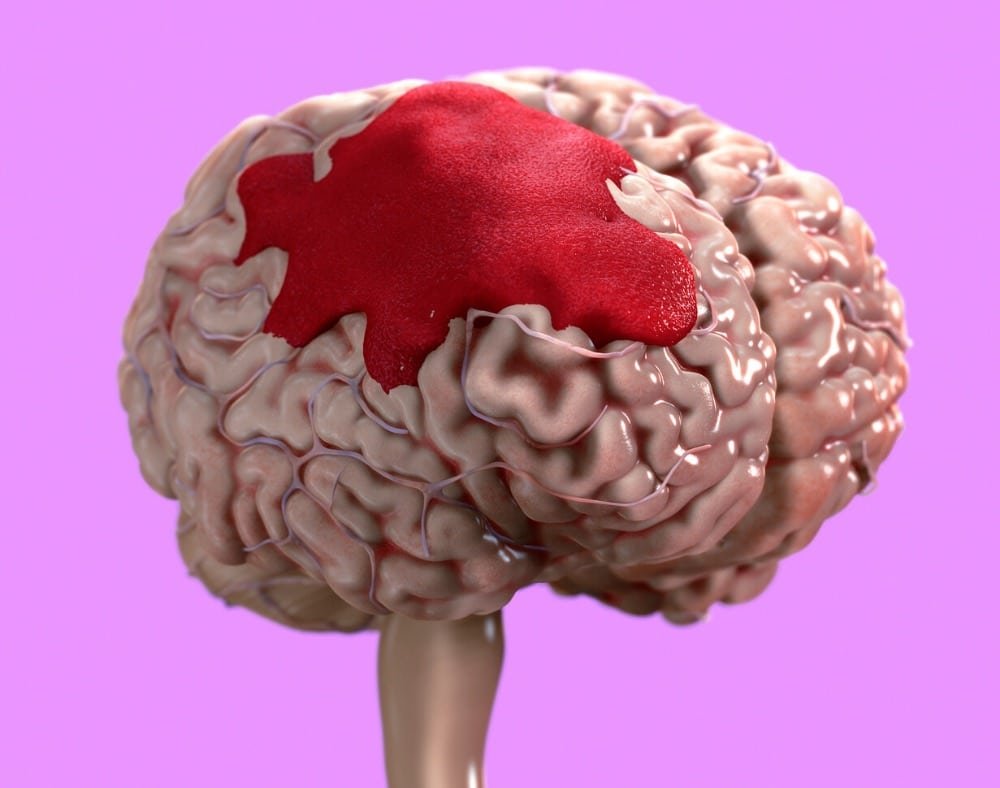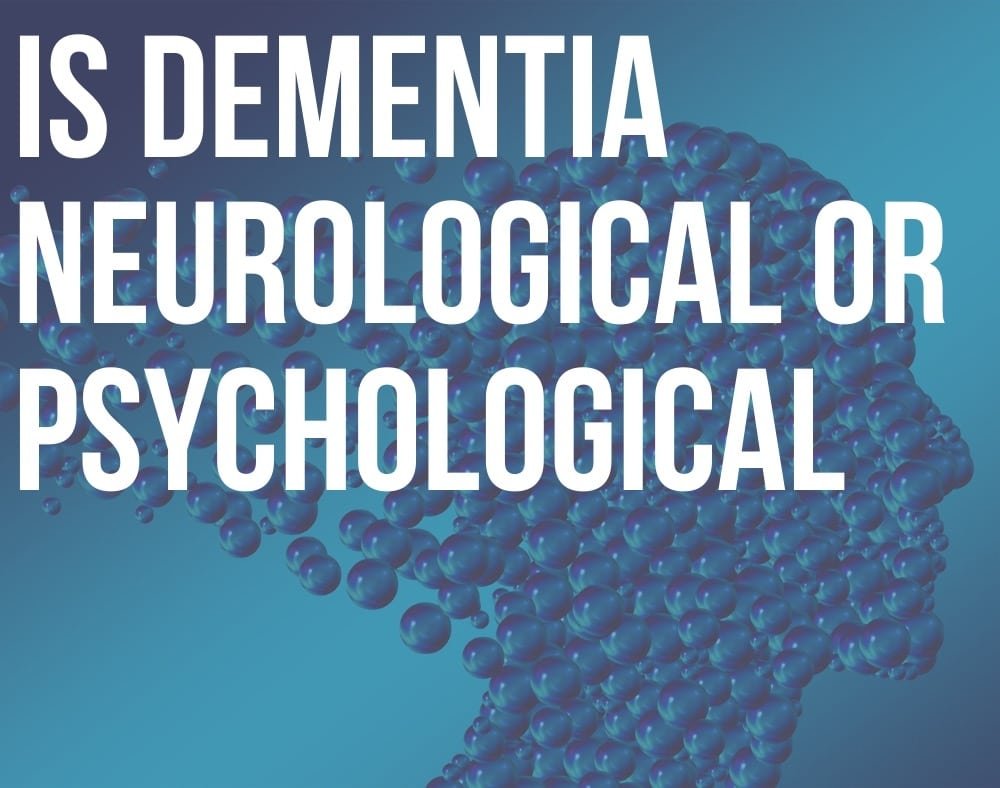If you suspect that someone has dementia or you already know a person with the neurodegenerative illness, they must see the right dementia doctors.
One of the main reasons for this is the fact that it is usually not easy to diagnose or manage dementia.
For this reason, an ill individual needs to consult with a specialist. He or she has the knowledge and experience to effectively deal with the disease.
People who have dementia may have to visit different types of specialists to get a proper diagnosis.
This will help them get the right information on how to go about living with the illness that has no cure.
Best Dementia Doctors
Some of the professionals that can help individuals with dementia include:
A General Physician

Any individual who has concerns about changes in memory, mood, thinking, and behaviors, should first contact their primary care physician.
After discussing the symptoms, the doctors will mostly probably diagnose dementia using tests to determine cognitive ability, brain scans, neurological evaluations, and mental health evaluations.
The professionals use a combination of various diagnosis methods because there are no blood tests that confirm whether a person has dementia or not.
It is important because it helps determine whether other underlying medical conditions are behind the symptoms that a person has.
When need is, the doctor can recommend other specialists that a person who has dementia can see to lighten the burden of the illness.
Neurologists

Neurologists also belong to the category of dementia doctors who help persons with the illness. These are professionals who specialize in abnormalities of the central nervous system and the brain.
Neurologists have the technical know-how to interpret brain scans to see if any changes are as a result of dementia.
Geriatricians
These are specialists who manage health care for seniors. Geriatricians are aware of how the body changes as a person grows older and can detect some of the symptoms that are not a normal part of aging.
Gerontologist
This is a professional who deals with gerontology, like social, biological, and psychological aspects of aging.
Although they are not medical professionals, they can be instrumental when it comes to offering essential support services to people who have different types of dementia.
Geriatric psychiatrists
They are professionals who focus on the emotional and mental problems of the elderly. They can also assess thinking and memory.
Neuropsychologists
These are experts who are responsible for conducting tests that relate to memory and thinking.
Now that you have an idea of some of the dementia doctors that persons with the disease can see, let’s jump into some of the tips you can use to choose the right specialist.
Seek Referrals

When dealing with dementia especially for the first time, you may not know who to turn to. This is why it is important to look for referrals.
Your primary doctor can help you with this when you need to see a specialist.
Alternatively, if you know a person who is dealing with dementia, they can direct you to a specialist they trust to offer proper treatment and care.
Other resources you can take advantage of include dementia care centers, and reputable senior living communities in your region.
While working with referrals, it is important to get a few contacts.
This way you will be in a position to compare the services that different doctors have to offer so that you can pick the ones that you feel will serve your needs best
Experience with Dementia
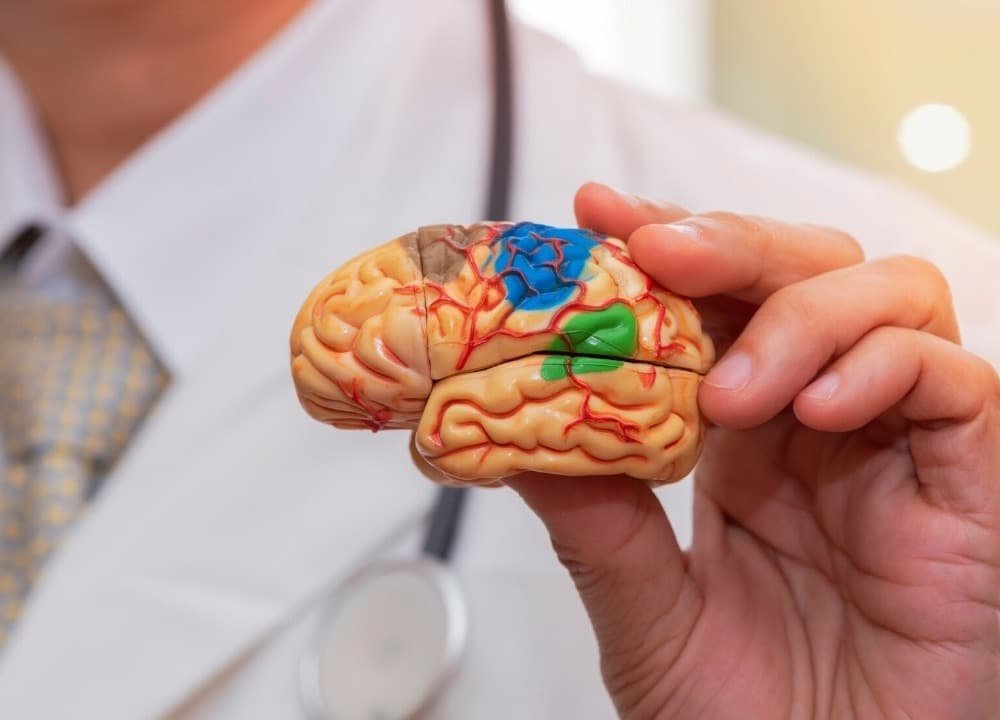
No offense to doctors who are just starting, but it is usually recommended that you look for a specialist who has been in the industry for a couple of years.
These are well-trained and competent individuals who can properly deal with dementia.
Other than being professional, the doctor should give individuals all the time they need to listen and address any questions and health concerns that a person may have.
Before a person commits to seeing one doctor, it is important to research the professional beforehand.
This is where you get to find out about the credentials of the professional, office policies, and any other details you would like to know about the professional before working with them.
Checking board certifications can also help determine the skills a particular doctor has in a specific area of medicine.
You can make a cold call to the office to determine how they run things. If this impresses you, schedule a one-on-one meeting to see if you will finally seal the deal.
Accessibility

Naturally, you do not want to deal with dementia doctors who are miles away. This can prove to be rather unhelpful when you want their services.
It is best to find a doctor who is easily accessible so that you can see them anytime you want without too many complications.
The doctor’s office should have open communication lines so that you do not have to struggle when you want to consult the doctor.
Cost Implications

When looking for a good doctor, you must also think about the cost implications. If you are using insurance, make sure the professional accepts the insurance you are under or else it will create problems later on.
When using cash, it is important to find a doctor whose services are within your budget.
This way, you will not end up in debt simply because you are walking with a professional that you cannot afford.
Trust your Gut

Your gut feeling can be helpful when it comes to choosing the right dementia doctors.
If something does not sit well with you, it is better to continue with your search. It is worth investing extra time until you find a doctor that you are confident with.
Even after picking a doctor, there is space to change your mind if you discover that he or she is not the person you are looking for to meet your medical needs.
You might also want to look for a doctor who speaks your language and is sensitive to your religious and cultural convictions.
It is one of the ways to create a friendly working relationship with the specialist.

















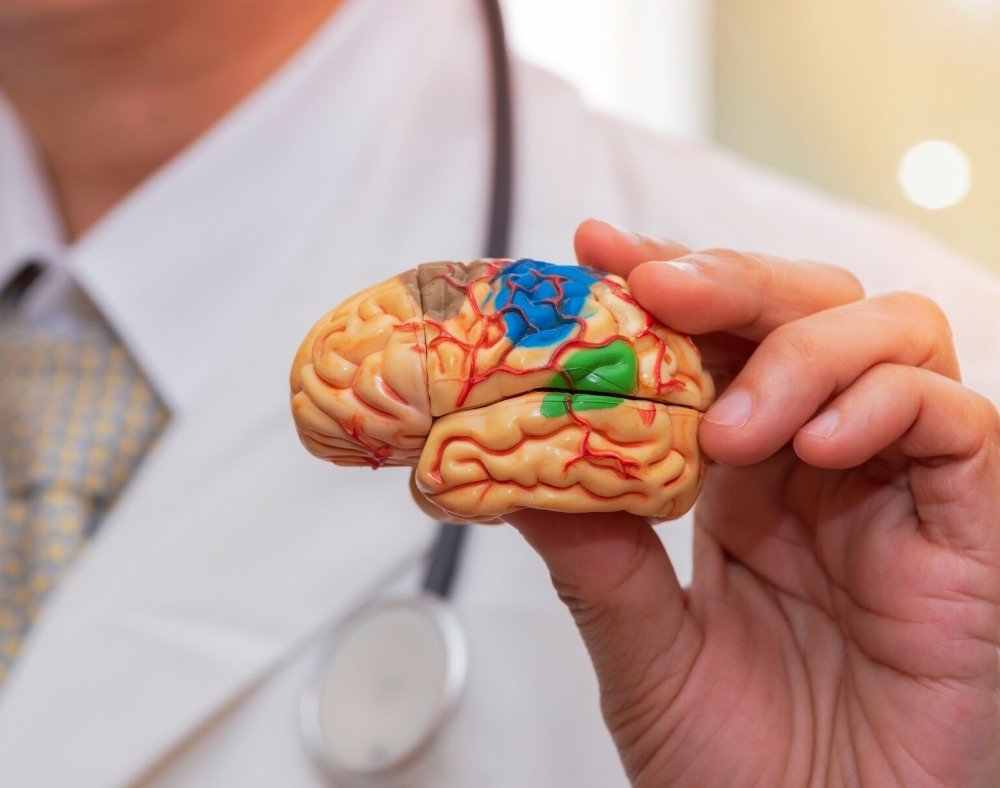



![Dementia And Incontinence [Causes & Treatment] dementia and incontinence](https://readementia.com/wp-content/uploads/2020/05/dementia-and-incontinence.jpg)
















